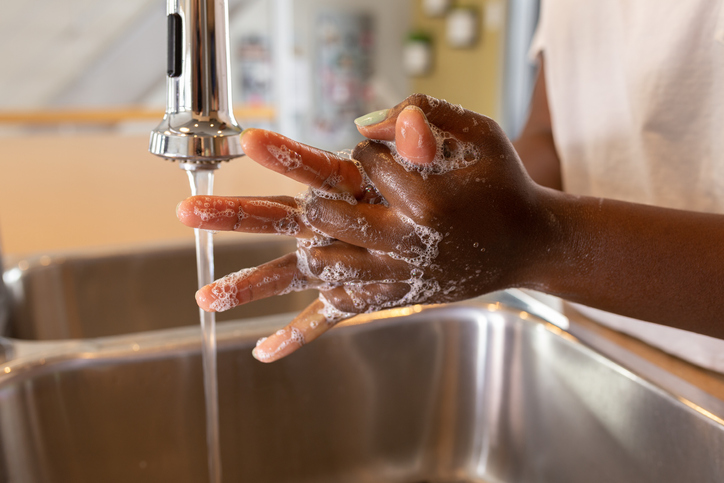What do I need to know about Clostridioides difficile?
Clostridioides difficile (C. difficile or C. diff.), formerly known as Clostridium difficile, is an organism that causes life-threatening diarrhea and inflammation of the colon, known as pseudomembranous colitis. The primary risk factor for a Clostridioides difficile infection (CDI) is overuse of antibiotics. Those who have been recently hospitalized, are in a nursing home, are 65 years or older, or have a weakened immune system are also at increased risk.


